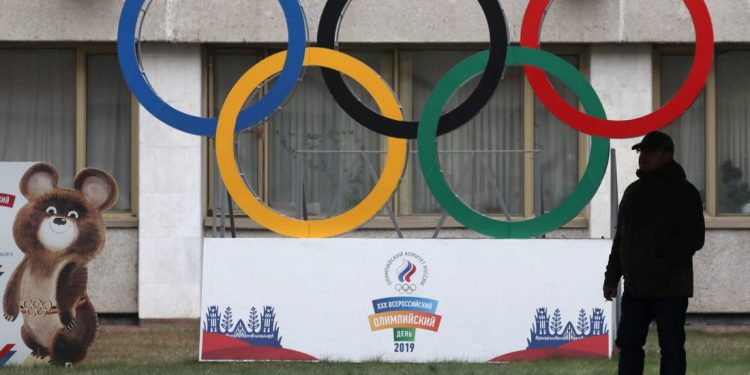The ban on Russia for four years from all major sporting events that the World Anti-Doping Agency (WADA) has handed the country is a reflection of how ‘unsportlike’ sports have become. The Olympic motto ‘Citius, Altius, Fortius’, or Faster, Higher, Stronger, referred to real athletic abilities of humans that arose from the honing of skills and physical abilities through tough training and consistent effort on and off the field. However, modern sports are not just about athletic abilities. They are money spinners for a host of corporates that have made physical ability a commodity and are selling it to the masses. The inflow of money has ensured that sportspersons are under pressure to enhance performance. Doping in sport is nothing new. Perhaps one of the first persons to grab the limelight, though, was Ben Johnson who was disqualified after his blood samples showed the presence of a performance enhancing drug. The disqualification came after a performance at the 100 metre race that saw human abilities being redefined. That was long back, though. In the flow of time since Ben Johnson, many athletes across sporting fields have been caught doping. Professional sport has created an industry that is greedy for profits and is finding new avenues for earning ever higher profits. Each new sporting format is designed to deliver entertainment and genuine displays put profits at risk. Indian sport is not alien to such matters. The country has seen its fair share of such incidents over time. The only difference one can perhaps see in India is that the players would make money here by underperforming rather than by enhancing performance to win games or events. It is a less risky proposition. The biggest risk that Indian players run today, though, is that of violence from the spectators and fans upon losing a game, particularly of cricket. The case with Western countries might be slightly different. Players there put their everything into sport for a win. Yet the case of Andres Escobar is not really unique. He was assassinated at a local restaurant at Medellin, Colombia after the FIFA World Cup in 1994. The anger of fans against Escobar was because he scored a goal on own side. There were stories that his murder was ordered by disgruntled drug lords who bet heavy on the game.
There is no being satisfied with being second. Sportspersons put their health and lives on the line for achievements. Such drive is costing them big in terms of their physical and mental prowess. It is, therefore, quite understandable if sportspersons from a country such as Russia go in for performance enhancing chemicals to up their game. But the action of WADA appears to be mere eyewash to make sports fans feel that the sporting arena is being kept clean of practices that go against ethical conduct of sport. There is an ongoing cat and mouse chase that is being played on the sidelines of sport wherein molecules that evade the drugs testing systems are also being actively developed to avoid detection. The ban that WADA has handed out will in due course be eased in the name of allowing Russian sportspersons with unblemished records to participate in the Olympics and other events considering that they are individually not at fault. It would be Utopian to believe that sports will be flushed off such malpractice and will rise from the ashes in a pristine form like the Phoenix. Only consistent efforts to prevent indiscriminate commercialisation of sport can ensure that the lure of big bucks does not get entangled with performance enhancement chemicals.






































